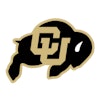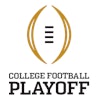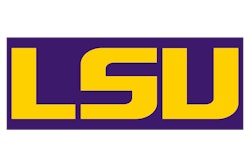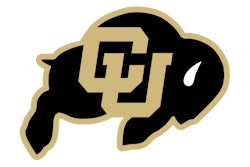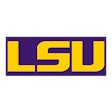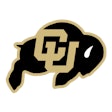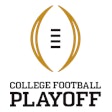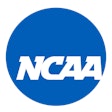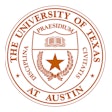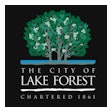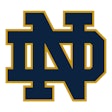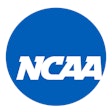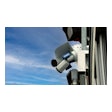Copyright 2017 Gannett Company, Inc.
All Rights Reserved
USA TODAY
The self-pity and righteous indignation would be impressive if they weren't so indefensible.
For three years, an academic fraud scandal has hung over North Carolina like an angry thundercloud. Of course he's saddened and embarrassed by it, coach Roy Williams said Sunday. But he's also angry, mad that "this junk," as he described it, has interfered with recruiting and caused some to look askance at North Carolina's second consecutive trip to the national championship game.
"We did nothing wrong, OK? That's just the best way to put it," Williams said. "Were there some mistakes made? You're darned right there were. Were there some things I wish hadn't happened? You're darned right. But there were no allegations against men's basketball."
Williams can spin just about anything with his folksy charm and golly-gee-whiz self-deprecation. But not this. Not when the independent investigator appointed by North Carolina found that, for 18 years, more than 3,000 students, almost half of whom were athletes, got bogus grades for classes that didn't exist.
Some of those grades allowed athletes to stay eligible. Some helped them graduate. All of them cheated young men and women out of their education -- you know, the reason they were supposed to be at North Carolina in the first place.
This was largely the work of two former employees, but it was hardly a covert operation. Academic advisers steered athletes to the fraudulent classes, and "this steering was most prevalent among the counselors for the revenue sports of football and men's basketball."
The emphasis is mine, but the words are those of Kenneth Wainstein, a former U.S. assistant attorney general asked by North Carolina to investigate the fraud. While some of the players involved surely preceded Williams' time -- the fraud dated to 1993, and Williams didn't arrive until 2003 -- Rashad McCants told ESPN's Outside the Lines that he never wrote his own papers.
"For some of the premier players, we didn't write our papers," McCants, a member of the North Carolina team that won the national title in 2005, told ESPN's Outside the Lines in June 2014, three years after The (Raleigh, N.C.) News & Observer began reporting on the academic irregularities.
"It was very simple," McCants said. "When it was time to turn in our papers for our 'paper classes,' we would get a call from our tutors, we would all pack up in one big car, or pack up in two cars, and ride over to the tutor's house, pick up our papers and go about our business."
The fraud is shameful, making a mockery of the principles of higher education. But let's not kid ourselves that it's unique. It might not be as widespread as it was at North Carolina, but this kind of thing happens every day, at schools large and small.
What makes the North Carolina scandal so egregious, so infuriating, is the lengths to which the school has gone to excuse it and avoid responsibility for it. Heck, had North Carolina accepted the NCAA's second notice of allegations, a watered-down version that didn't mention football or men's basketball, all of this probably would have been resolved.
But no. North Carolina had to fight it, saying the NCAA already had adjudicated the violations and, besides, it wasn't its business, anyway.
To its credit, the NCAA didn't take kindly to that and responded by slapping North Carolina with a third notice of allegations in December. This one restored the references to football and men's basketball and still includes the dreaded "lack of institutional control."
Because it was a new notice, however, it reset the clock -- ensuring that the Tar Heels would be able to play in the NCAA tournament again this year. And continue to try to pass the violations off as much ado about nothing.
"They've had to live with all of this, all the swirling innuendo with what went on there with the academic fraud allegations," Jim Nantz said during CBS' broadcast of North Carolina's Final Four game against Oregon on Saturday.
Innuendo suggests something that is not yet proved or confirmed. Something that barely rises to the level of distraction. But the fraud has been meticulously detailed, first by The News & Observer and then by Wainstein, and gets to the heart of the criticism of college athletics.
Young men and women were promised an education in exchange for their athletic abilities, and North Carolina didn't hold up its end of the bargain.
Read More of Today's AB Headlines
Subscribe to Our Daily E-Newsletter
Terms and Conditions Privacy Policy










